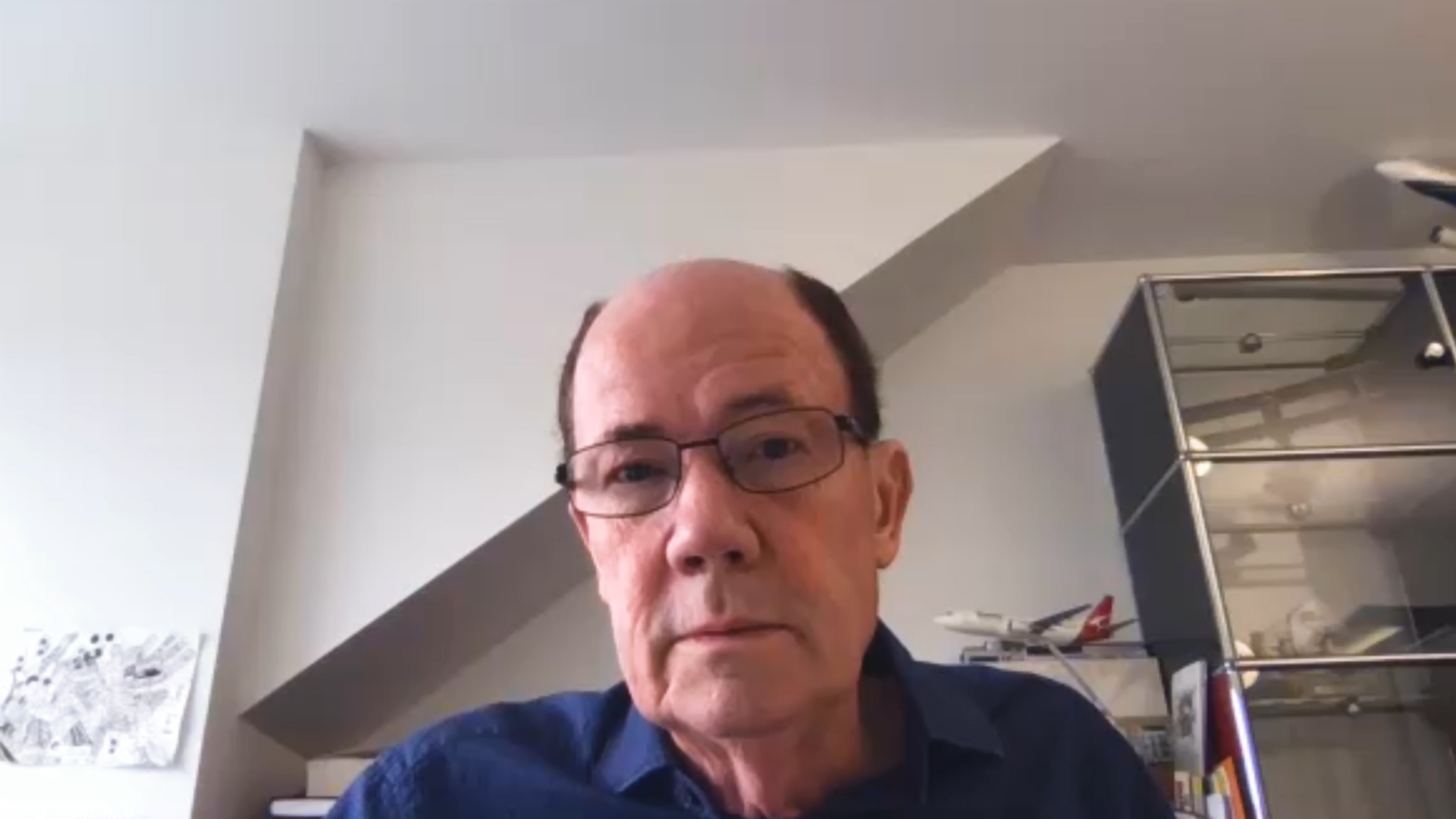
Social Distancing on a Plane
Former Chief Strategy and Planning Officer at Etihad Airways
inpractise.com/articles/airline-social-distancing-measures
Why is this interview interesting?
- The potential impact of removing the middle seat on airline economics
Wayne Pearce
Former Chief Strategy and Planning Officer at Etihad Airways
Interview Transcript
Do you think the low-cost carrier model can take market share from the hub and spoke model, in these times? How do you look at that, competitive landscape?
Low cost has been very, very successful in short haul. But so far, it’s struggled to get going, long haul. Etihad was, essentially, a long-haul carrier so it certainly didn’t bite us then. In the situation you’re raising now, it’s pretty interesting, because you’ve got this new factor coming in that says, the government is considering, when it allows airlines to re-operate, what are you going to do about social distancing, until we’ve got a vaccine?
Even Ryanair has come out and said, we’re not going to let the middle seat be empty. A whole lot of people have said, if you’re operating a narrow-body aircraft, with three seats on the left and three on the right, have the middle seat, on both sides, empty for social distancing. He’s come out and said, I can’t do that, because I’m going to, basically, lose two out of every six seats and that’s just too much; I can’t do it profitably, because what’s that’s going to do is, drive the entire cost structure up.
If governments and regulators start coming out and saying, airlines have got to observe some social distancing on the airplanes, it probably works in first class and business, but for economy, the only thing that’s going to do is to really increase the prices enormously. I don’t think that’s sustainable. The only way you’re going to really work around that is that they are going to have to find a compromise of how do you offer maximum protection?
So are we going to be looking at seat barriers, in economy class? Are we going to require everybody to wear masks for the whole journey? Are we going to require people to wear gloves? Are we going to feed people or tell them to eat before they get on the airplane and bring their own bottle of water with them? The more of that we do, you start to introduce an element of risk.
How do you think this will evolve? Do you think the regulator will actually take out the middle seat or enforce that stricter distancing, on a plane?
Economically, I don’t think it will work, that’s the problem. I don’t think people will be able to afford to travel. If that happens, you’re going get a price increase of about 40% and that’s going to knock a lot of the market over. Then all we’re going to have is, airlines going back to operating a much-reduced schedule. There are already a number of people who have come out and grounded many of their larger airplanes and there is this expectation that it will take two or three years to get anything back to normal.
That’s been current now and people have been saying that for a good month, six weeks. But I noticed, recently, that the chief executive of Air France came out and said, “No. I think, by the end of the year, we’ll be back to 70% capacity.” But then he threw in a few little provisos like, as long as there is effective medication. If there is effective medication, I think we’ll all get through this pretty quickly. The real question is, how long is it going to take us to get there? Unless you’re into drinking drain fluid, I’m not sure what the answer is.
Copyright Notice
This document may not be reproduced, distributed, or transmitted in any form or by any means including resale of any part, unauthorised distribution to a third party or other electronic methods, without the prior written permission of IP 1 Ltd.
IP 1 Ltd, trading as In Practise (herein referred to as "IP") is a company registered in England and Wales and is not a registered investment advisor or broker-dealer, and is not licensed nor qualified to provide investment advice.
In Practise reserves all copyright, intellectual and other property rights in the Content. The information published in this transcript (“Content”) is for information purposes only and should not be used as the sole basis for making any investment decision. Information provided by IP is to be used as an educational tool and nothing in this Content shall be construed as an offer, recommendation or solicitation regarding any financial product, service or management of investments or securities.
© 2026 IP 1 Ltd. All rights reserved.


